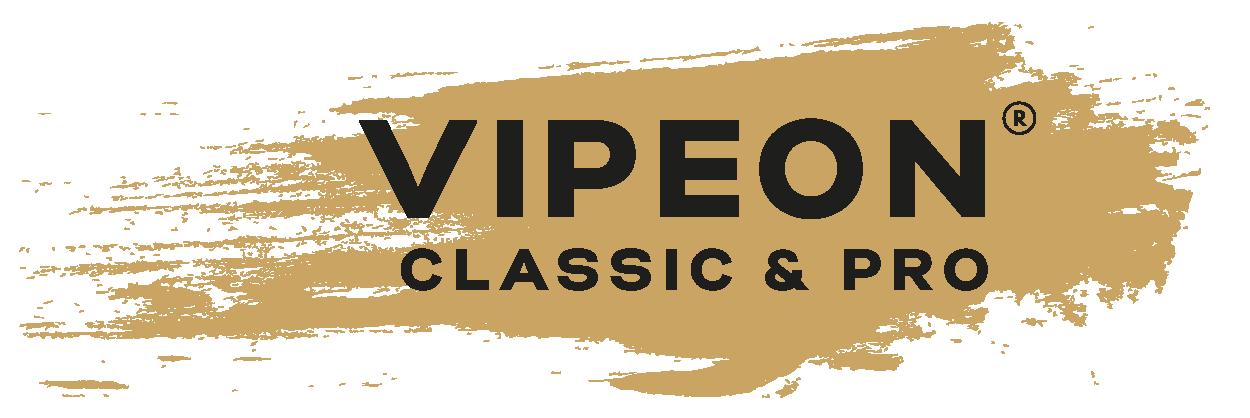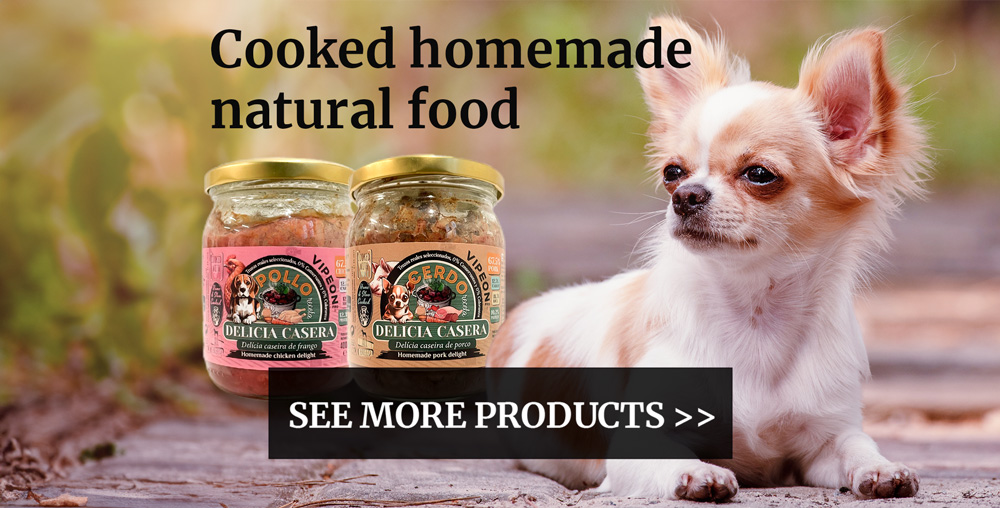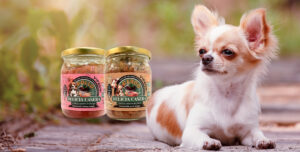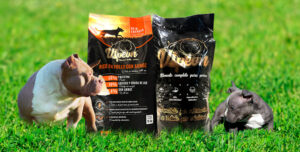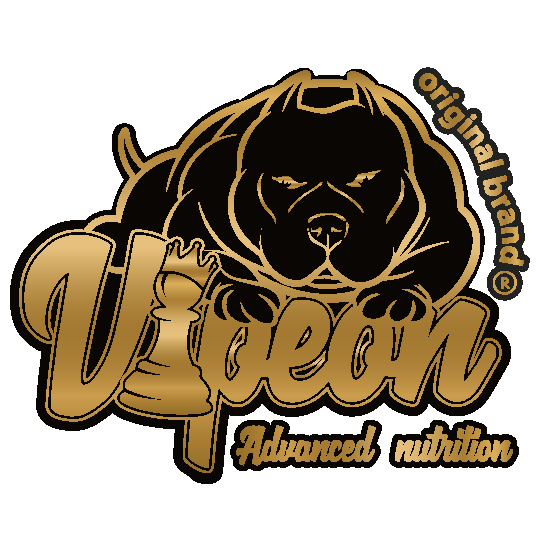Selecting the right natural dog food is more than a choice; it is a commitment to the health and well-being of our faithful companions. Proper nutrition is essential and varies significantly depending on the age, size, level of physical activity and specific needs of each dog. This article provides you with a complete guide in my experience on how to choose the best natural dog food, guaranteeing a balanced diet adapted to each stage of your pet’s life.
Natural Diet by Life Stage: How to Adjust Your Dog’s Diet
- For Puppies: The puppy stage is critical for development and growth. Initially, they are based on mother’s milk or suitable substitutes, gradually transitioning to natural solid dog food at around eight months of age. It is vital to opt for natural dog food rich in high-quality, easy-to-digest protein to support muscle and bone development.
- For Adult Dogs: The diet should be rich and balanced in proteins, fats, carbohydrates, vitamins and minerals. Proteins, preferably meat, should constitute at least 70% of their diet. Healthy fats, such as those from omega-3 rich fish, and carbohydrates from natural sources such as cereals, legumes and tubers, are also essential.
Natural Food Options
Several options meet the nutritional needs of dogs, including feed (dry food), wet food, BARF (raw food) diet, and natural homemade food. Each option has its benefits, but it is crucial to choose high quality products and be aware of the risks, especially with raw diets that can expose your dog to bacteria.
Risks Associated with the BARF Diet for Dogs
Good Food Safety Practices
The BARF diet, popular for its benefits, also presents risks, especially from poor food handling.
The risk of contamination by bacteria such as Salmonella, E. coli and Listeria in raw meats and other uncooked ingredients is one of the most significant challenges. These pathogens pose a threat to your dog’s health and can be avoided with proper handling and storage practices.
Nutritional Planning in the BARF Diet
In addition, an imbalance in essential nutrients, such as calcium and phosphorus, can occur if the diet is not carefully planned. This imbalance can negatively affect the dog’s bone development.
Also, it is crucial to be aware of the physical risks, such as obstructions or perforations in the digestive tract, which can be caused by raw bones if not properly managed. Therefore, although the BARF diet can offer benefits, its implementation should be done with knowledge, caution and under the guidance of a professional animal nutritionist.
Benefits of the BARF Diet for Canine Health
However, the BARF diet is recommended for its potential benefits in improving the health and well-being of dogs.
These advantages include increased hydrationThe results are: better dental health, due to the high water content of raw foods; better dental health, due to the mechanical action of chewing raw bones that helps clean the teeth; healthier skin and a shinier coat, resulting from nutrition rich in natural fatty acids; and, in many cases, more efficient digestion by consuming foods that are biologically appropriate for their digestive systems.
Recommended Foods
- Rice and Cereals: Sources of complex carbohydrates for sustained energy. Rice and some cereals are good for your dog if used in moderation. They are like a soft fuel for your energy and help your stomach work well, as long as we choose more natural and less processed types.
- Lean meats and fish: Rich in proteins and essential fatty acids. I recommend incorporating lean meats such as chicken, turkey, and low-fat cuts of beef or pork, as well as fish rich in omega-3, such as salmon, sardines or trout. These high quality proteins are essential to maintain strong muscles, support brain function and ensure healthy skin and coat in your dog.
- Fruits and Vegetables: They provide vitamins, minerals and fiber. To complement your dog’s diet, include fruits such as banana, melon, pear and apple, and vegetables such as spinach, carrot and lettuce. They are nutritious, aid in digestion and they love them.
Foods to Avoid
It is essential to know which foods are toxic for dogs, such as grapes, chocolate, onions and garlic, to prevent health risks.
Keys to Selecting the Ideal Natural Dog Food for Your Dog
Choosing the best natural dog food involves considering a wide range of factors, including the dog’s life stage, its individual nutritional needs and the type of diet that best suits its health and lifestyle. Opting for natural dog food is not only a healthy choice but also a step towards a longer and more vibrant life for your pet. Listening to experts, reading opinions about natural dog food and, most importantly, observing how your dog responds to his new diet will guide you to the best decision for his health and happiness.
